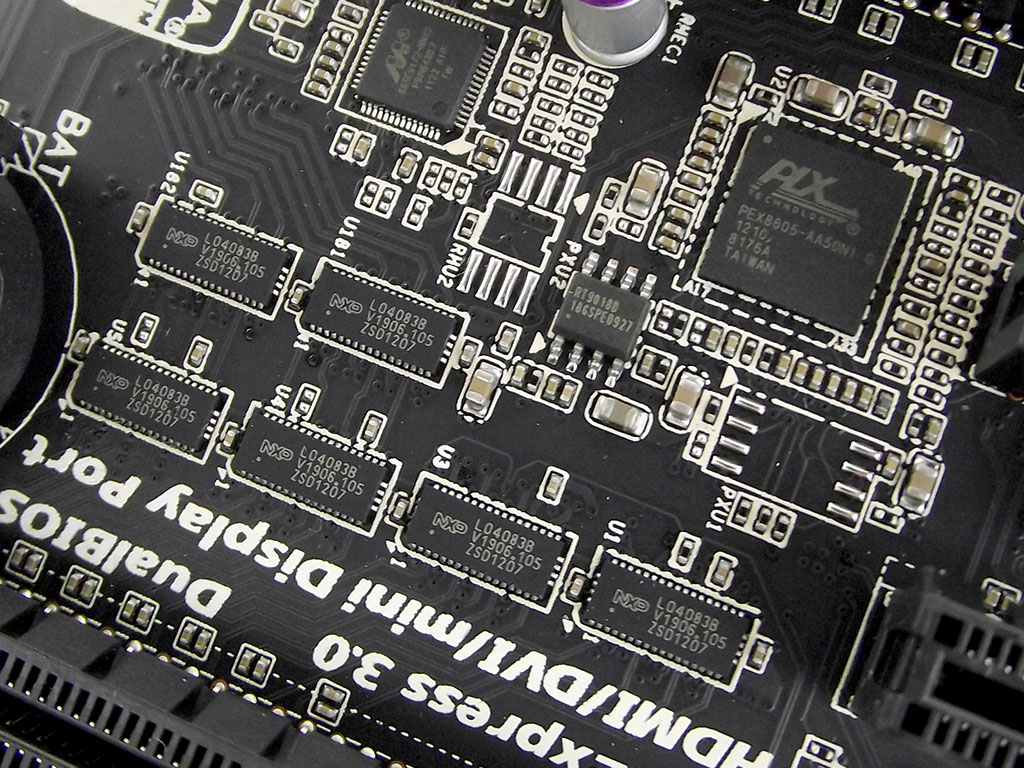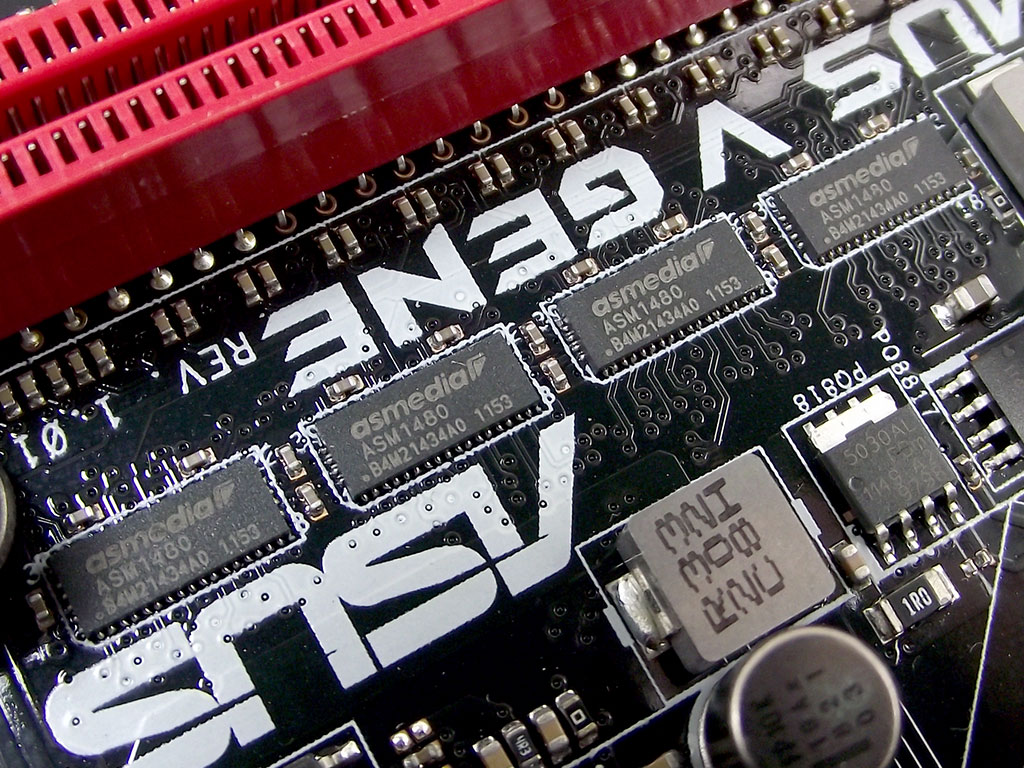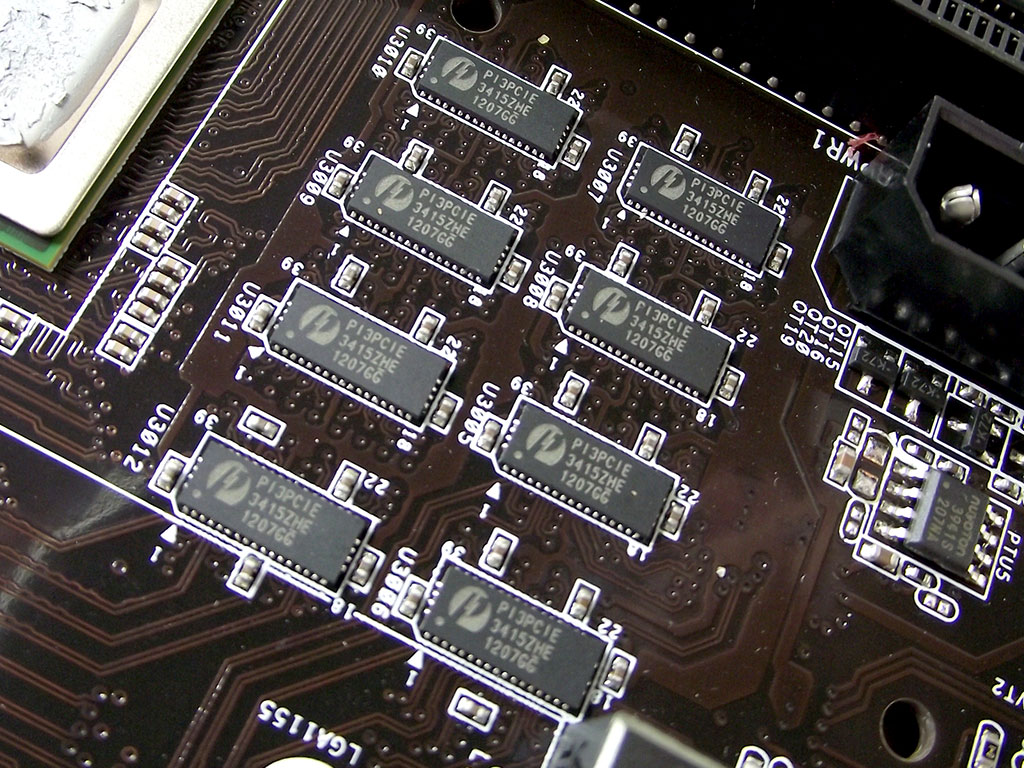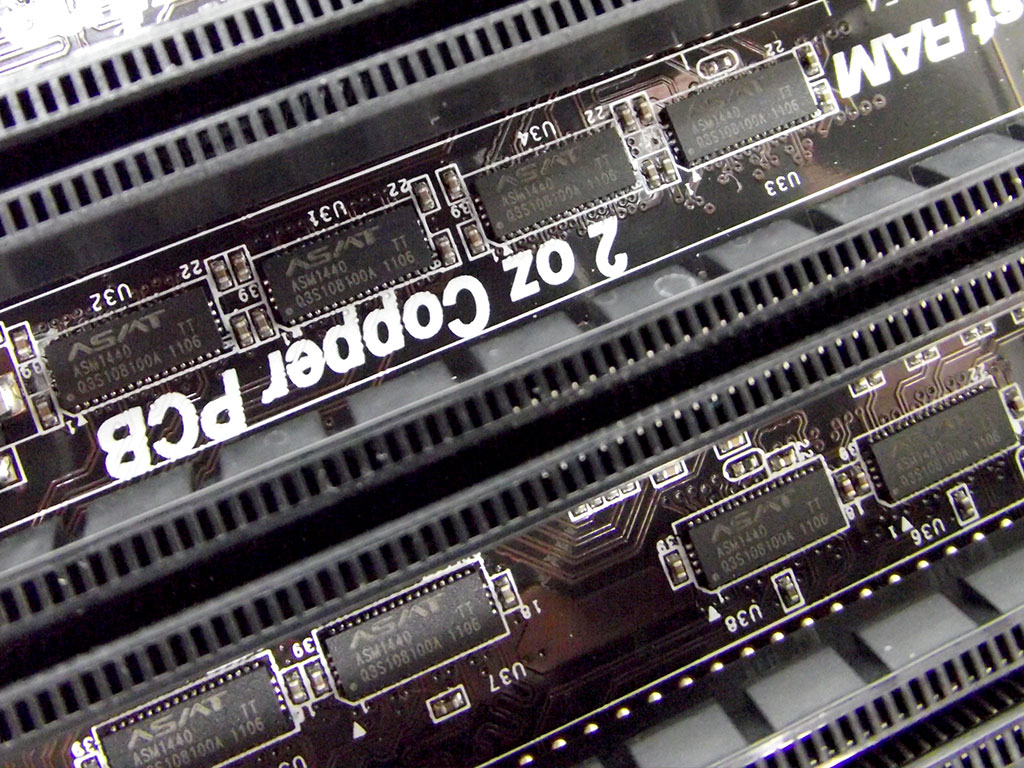- Joined
- Feb 20, 2008
- Messages
- 4,628 (0.73/day)
- Location
- where everyone wants to be
| System Name | Everchanging |
|---|---|
| Processor | AMD Ryzen 9 5900X |
| Motherboard | ASUS ROG Crosshair Dark Hero |
| Cooling | Arctic Cooling Liquid Freezer 2 420mm |
| Memory | 2x16GB Corsair DDR4 3600 CL16 |
| Video Card(s) | eVGA RTX 3090 Ti FTW3 |
| Storage | Samsung 980 Pro 256GB, Samsung 980 Pro 2TB |
| Display(s) | 2xSamsung 28" 4k HDR 144Hz |
| Case | Fractal Meshify 2 XL |
| Audio Device(s) | fiio K9 to Hifiman Sundara's via 4.4mm balanced cable |
| Power Supply | Seasonic Prime TX 850w |
| Mouse | Corsair Harpoon Wireless RGB |
| Keyboard | Corsair K70 RGB PRO |
| Software | Windows 11 x64 |
So I was currious W1zz, with the bus interface in GPU-Z, how is that read/calculated? As you can see, I am on a P67 with a 3770k, but GPU-Z is saying my 7950 is running PCI-E 3.0? Is there any way this is possible?












